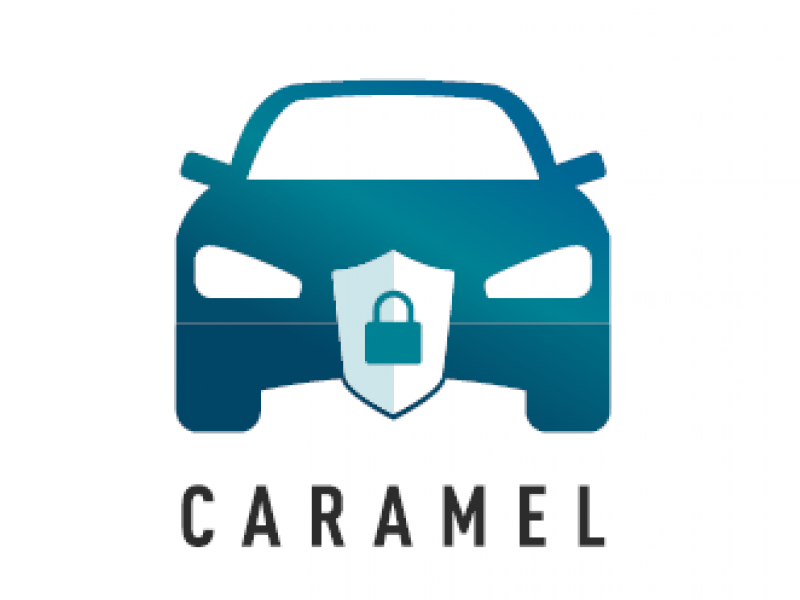
Caramel
Artificial Intelligence-based Cybersecurity for Connected and Automated Vehicles
Jordi Guijarro
01 October 2019
31 March 2022
EC funded project
The damaging effects of cyberattacks to an industry like the Cooperative Connected and Automated Mobility (CCAM) can be tremendous. From the least important to the worst ones, one can mention for example the damage in the reputation of vehicle manufacturers, the increased denial of customers to adopt CCAM, the loss of working hours (having direct impact on the European GDP), material damages, increased environmental pollution due e.g., to traffic jams or malicious modifications in sensors’ firmware, and ultimately, the great danger for human lives, either they are drivers, passengers or pedestrians. CARAMEL’s goal is to proactively address modern vehicle cybersecurity challenges applying advanced Artificial Intelligence (AI) and Machine Learning (ML) techniques, and also to continuously seek methods to mitigate associated safety risks.
In order to address cybersecurity considerations for the already here autonomous and connected vehicles, well established methodologies coming from the ICT sector will be adopted, allowing to assess vulnerabilities and potential cyberattack impacts. Although past initiatives and cybersecurity projects related to the automotive industry have reached to security assurance frameworks for networked vehicles, several newly introduced technological dimensions like 5G, autopilots, and smart charging of Electric Vehicles (EVs) introduce cybersecurity gaps, not addressed satisfactorily yet. Considering the entire supply chain of automotive operations, CARAMEL targets to reach to commercial anti-hacking IDS/IPS products for the European automotive cybersecurity and to demonstrate their value through extensive attack and penetration scenarios.
Category:
- Verification and Assurance
Vertical Category:
- ICT
- Transportation

News
On the event of the adoption of the draft regulation laying down measures for a high common level of cybersecurity at the institutions, bodies, offices and agencies of the Union, the AI4HealthSec project kicked off a process to provide its opinion.
Video
Resources for EU Research
Resources for SMEs
News & Events
Reports
Cyberwatching.eu has received funding from the European Union’s Horizon 2020 research and innovation programme under grant agreement No 740129. The content of this website does not represent the opinion of the European Commission, and the European Commission is not responsible for any use that might be made of such content. Privacy Policy | Disclaimer / Terms and Conditions of Use
